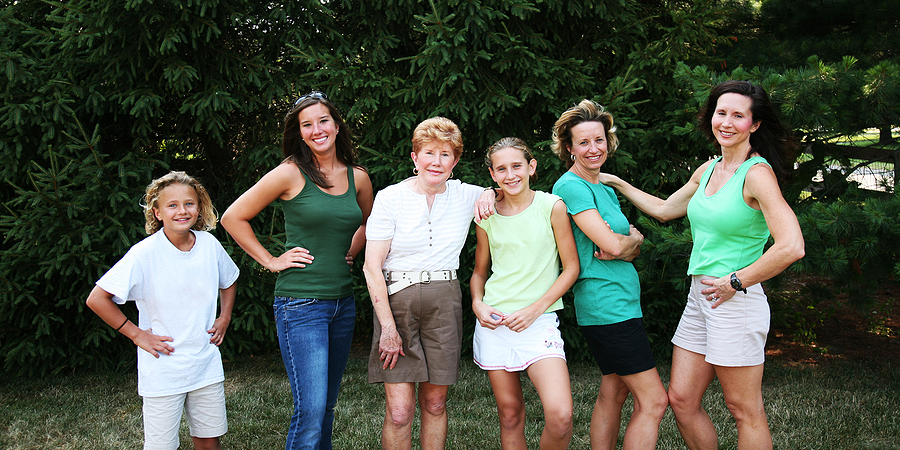No one needs to tell us there’s a difference between young and old brains. But that’s not a bad thing. Maybe it’s time we learned to appreciate what age provides.
Yes, younger brains are sharper. In our youth we’re at our best for quick-fire problem solving, invention and productivity.
Arthur C. Brooks is a social scientist at Harvard who studies happiness. But he’s become something of an expert on brain ageing too.
In his book From Strength to Strength: finding success, happiness and deep purpose in the second half of life he points out that this early capacity for fast, smart thinking doesn’t last long. By our 30s it’s deserting us.
With age, our brain gets better at combining and using more complex ideas.
It’s a different style of intelligence, one that lends itself more to mentoring, teaching and advisory roles. He calls it crystallised intelligence, but we could also call it wisdom.
The problem, he says, is when we don’t understand this is what happens, and in middle-age we’re still trying to be who we were in our 20s.
Dilip Jeste is a psychiatrist who studies wisdom and ageing. He lives and works in the US but grew up in India, where the experience of older people is highly regarded.
He argues that there are five aspects to wisdom:
- self-reflection (understanding why we do the things we do)
- compassion and empathy (including self-compassion)
- emotional regulation (our ability to control our emotions)
- decisiveness amid uncertainty (being able to think clearly even when we’re upset or don’t have all the information), and
- spirituality (a sense of connection with God, nature, or whatever we rely on in this regard).
While age and experience can deliver a certain amount of wisdom, he says, we can become wiser by improving our capacity in these five areas.
For example, we might increase our capacity for self-reflection by using a gratitude diary where we turn our mind each day to what we can be grateful for. Or we could develop compassion by carrying out random acts of kindness.
Jeste, like other scientists in this area, believes that wisdom helps keep the human species going.
This thinking includes what’s called the Grandmother Hypothesis of Wisdom, which says that while most vertebrates die once they stop reproducing, humans live long after that, possibly because older people can help raise grandchildren, transmit wisdom, and generally do their part to ensure that future generations thrive.
It’s a rare characteristic we share with killer whales, bottle-nosed dolphins and a bird from the Seychelles. Distinguished company indeed.
Someone who’s built on this idea of age, wisdom and the transitioning brain is American businessman Chip Conley. He was the CEO of a hotel chain for a couple of decades then became an advisor to the young founders of Air bnb.
He’s talked a lot about the challenge of being the old guy working with tech-savvy Millennials. We need to do more of that though, he says: blending our experience with the cleverness of youth.
He also says it’s time to reclaim the word ‘elder’ and give it a new twist. He’s created the first Modern Elder Academy (MEA) on a beach in Mexico.
MEA is referred to as midlife wisdom school. Its tagline is ‘Grow Whole, Not Old’, and it aims to give people the space to step back, take a deep breath, and rethink their next chapter of life.
The average age of MEA students is 53, though Conley argues that ‘middle-age’ now extends from 35 to 75. (He’s 62.)
So what does it all mean?
A lot of us probably think our brains are in decline because we forget things, or because we feel challenged by new, digital ways of doing things.
But how often do we acknowledge that despite this we’ve learned a lot? Life might have taught us to be, say, more astute, better at seeing the big picture, or able to handle thorny issues more delicately.
These matter too. In fact, it could be fair to say that wisdom and experience have never been more critical.
In any given family or community we might have three or four generations, and each has something of value to contribute. As Chip Conley argues, we need all of it.
So let’s recognise that. And rather than lamenting that we aren’t what we used to be, let’s appreciate what we’ve become and the pluses of having an older, wiser brain.
Photo Source: Bigstock

